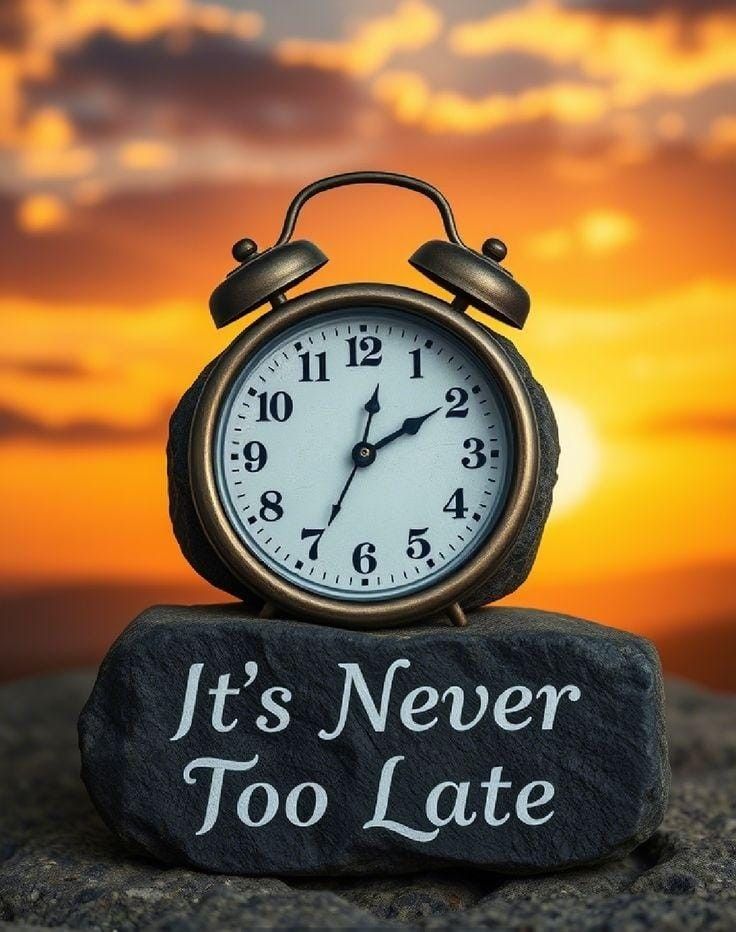Comfort Emmanson’s Ordeal Exposes Nigeria’s Dangerous Legal Blind Spot

Comfort Emmanson’s Ordeal Exposes Nigeria’s Dangerous Legal Blind Spot
By Linus Anagboso
The flight was supposed to be uneventful — a routine hop between cities, a seatbelt click, maybe a quick nap before landing. Comfort Emmanson didn’t know that somewhere in that cabin, a phone camera was watching her like a sniper’s scope.
It began with sidelong glances, a device tilted just enough to capture her in a vulnerable, unguarded moment. A simple press of the record button became the silent theft of her dignity.
Hours later, her phone lit up like a Christmas tree. Calls. Pings. Screenshots. Links. Her image — exposed and weaponized — was everywhere.
In London, the police would have been at the culprit’s door before midnight. In the UK, Section 33 of the Criminal Justice and Courts Act 2015 makes sharing sexual images without consent punishable by up to two years in prison.
In France, the law carries two years’ imprisonment and a €60,000 fine.
In Germany, Section 201a of the Penal Code can put you away for two years for unauthorized dissemination of intimate images.
In Japan, even without sexual content, any sensitive personal data breach triggers mandatory investigation and sanctions under its strict privacy laws.
In Nigeria? We get press statements. We get outrage. We get “disciplinary action.” Minister Festus Keyamo has promised that the guilty staff will be identified and sanctioned, and that airlines will retrain staff in handling conflicts. Commendable, yes. But here’s the rub — under current Nigerian law, this is still not clearly defined as a crime.
Our Cybercrimes Act 2015 can be stretched to cover harassment or grossly offensive content, but it doesn’t explicitly name or criminalize image-based sexual abuse. It’s like chasing an armed robber with a stick — you might scare him, but you won’t stop him.
Globally, research shows that 1 in 12 adults has been a victim of non-consensual image sharing. Victims face depression, job loss, harassment, and in some tragic cases, suicide. The World Health Organization notes that the psychological harm can mirror the trauma of physical assault.
It’s time Nigeria faced this reality. We need:
1. A dedicated Image-Based Sexual Abuse Law — clear definitions, strong penalties, zero loopholes.
2. Victim support systems — safe reporting channels, legal aid, counseling.
3. Mandatory privacy and digital ethics training for staff in sensitive roles.
The guilty should face real consequences. The law must protect every Nigerian’s dignity and privacy.
Linus Anagboso is Tech Columnist and Strategic Digital Communicator









